Donate cord blood stem cells
Everybody needs access to cord blood stem cells.
Comparing private storage and cord blood donation
Cord blood collection is completely safe, easy and non-invasive to collect and it offers the best treatment outcomes of any stem cell source.
Cord blood is simply too important to go to waste.
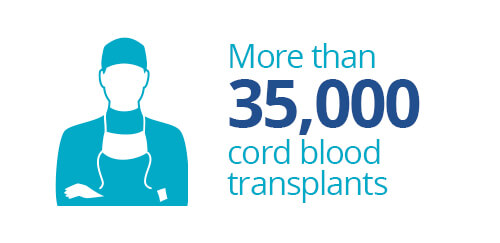
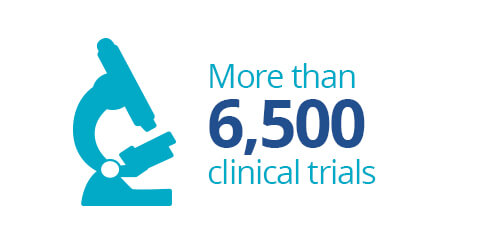
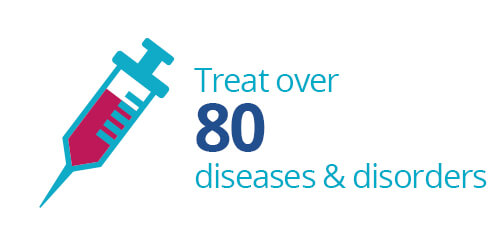
Who can use the sample?
When you store your baby’s cord blood in a private bank, it is saved exclusively for the use of your baby and your family. The cord blood can only be used with your child’s or yourself’s consent. When you donate your baby’s cord blood to a public bank, it can be used by anyone who is a match, aside from your baby.
When you store your baby’s cord blood in a family bank, it can be used both for recognised stem cell therapies and clinical trials. When you donate your baby’s cord blood to a public bank, it can only be used for recognised therapies. Donated cord blood may also be used by scientific organisations for research purposes.
How much does it cost?
There is no cost to donate your baby’s cord blood to a family bank but it is no longer available for your exclusive use. Family banking costs between £1,000 and £2,500, depending upon the type of service that you opt for. It ensures that your baby has their own perfect match ready and waiting should it be needed. Find about more about cord blood pricing.
Public cord blood banking
In Britain, tens of thousands of litres of cord blood that could have been donated are thrown away each year. The pool of potential cord blood units available for transplant in public banks remains too small to satisfy the public need.
Whilst the chance of a Caucasian patient finding a suitable stem cell sample for treatment in a public bank is reasonably high, it is significantly lower for ethnic minorities. The chance of a mixed race patient finding a matched unit is almost zero.
If we are able to save 50,000 cord blood units per year, an additional 200 lives per year will be saved.
In future, the biggest demand for cord blood stem cells is likely to be for regenerative therapies. However, no country currently operates a cord blood donation program that aims to meet the need for regenerative medicine.
If the UK is to remain at the forefront of medicine and provide its citizens with the very best treatments that science is able to offer, it is important that not only do we save enough stem cells to meet the transplant need, but that we also prepare for the increase in demand that emerging regenerative treatments will bring. We need to be ready for the medicine of the future and collect cord blood.
I’m interested in cord blood donation. What can I do?
If you are unable to store your baby’s cord blood for your family’s use in a private bank, then it is a very good idea to consider cord blood donation. When you donate your baby’s cord blood to a public bank, there is every chance that their sample may be used to save the life of a matched stranger, or contribute to research into exciting new stem cell technologies – a sample that would otherwise have gone to waste.
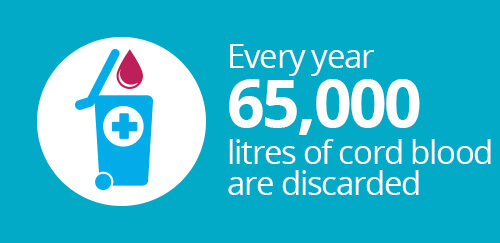
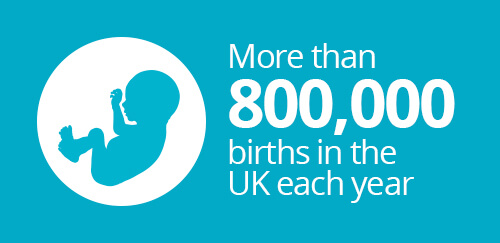
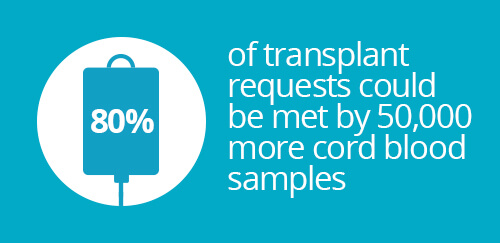
How can I arrange cord blood donation?
In order to contribute to meeting the unmet need for donor transplants, Cells4Life has established Cells4Life Foundation, our own cord blood donation program, dedicated to helping to meet the UK’s unmet need for donor cord blood.
Cells4Life Foundation has established a partnership with Epsom and St Helier University Hospitals NHS Trust and is now able to offer a cord blood donation service at:
Currently, samples procured by Cells4Life Foundation are available for research purposes only.
If you are interested in donating your child’s cord blood to Cells4Life Foundation, then please email donate@cells4life.com for further information.
The NHS also operates its own cord blood donation program at a limited number of hospitals in the UK. Visit NHS BT website for a comprehensive list.


